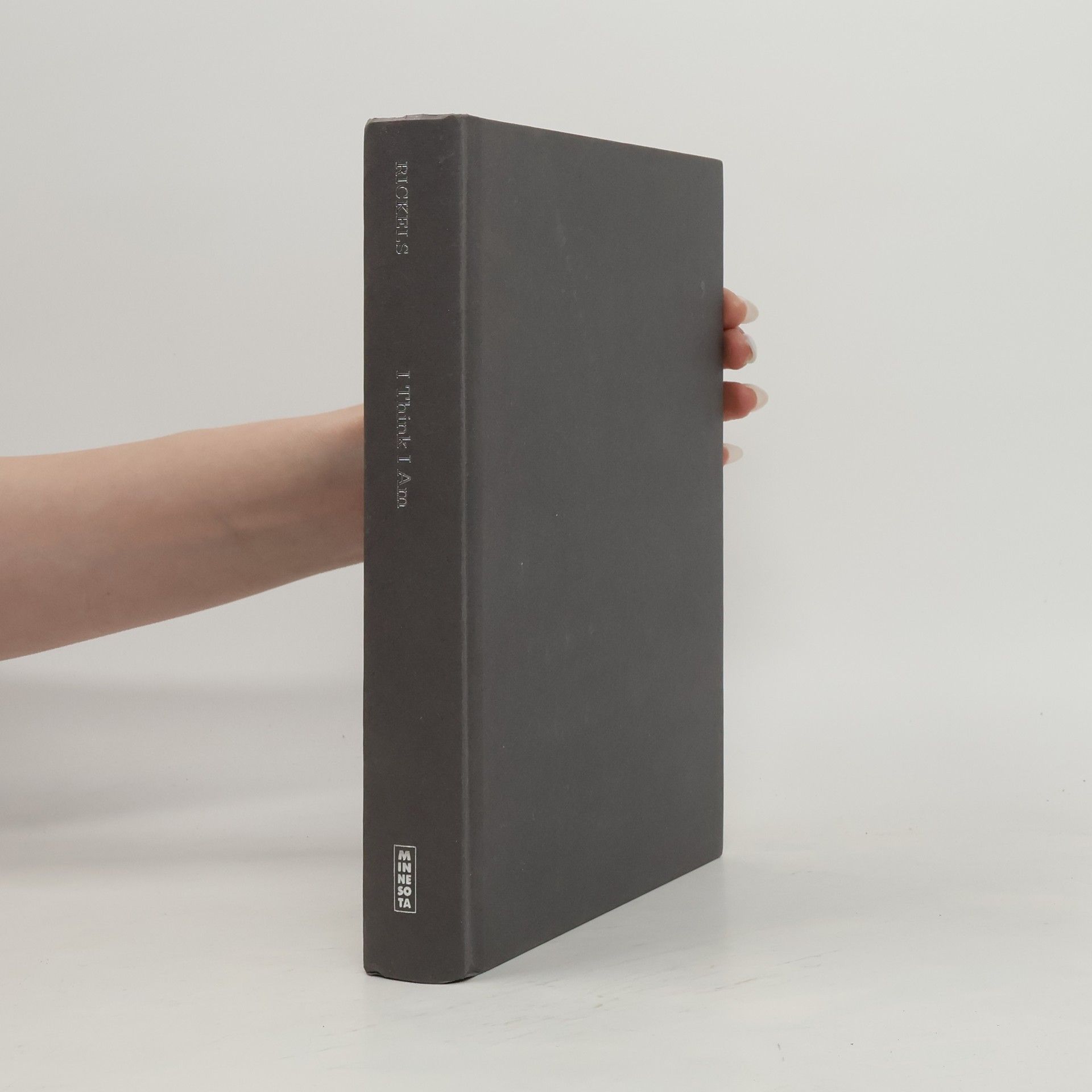For years, noted writer Laurence A. Rickels often found himself compared to novelist Philip K. Dick—though in fact Rickels had never read any of the science fiction writer’s work. When he finally read his first Philip K. Dick novel, while researching for his recent book The Devil Notebooks , it prompted a prolonged immersion in Dick’s writing as well as a recognition of Rickels’s own long-documented intellectual pursuits. The result of this engagement is I Think I Am: Philip K. Dick , a profound thought experiment that charts the wide relevance of the pulp sci-fi author and paranoid visionary. I Think I Am: Philip K. Dick explores the science fiction author’s meditations on psychic reality and psychosis, Christian mysticism, Eastern religion, and modern spiritualism. Covering all of Dick’s science fiction, Rickels corrects the lack of scholarly interest in the legendary Californian author and, ultimately, makes a compelling case for the philosophical and psychoanalytic significance of Philip K. Dick’s popular and influential science fiction.
Laurence Arthur Rickels Book order (chronological)


Der unbetrauerbare Tod
- 150 pages
- 6 hours of reading
Der „unbetrauerbare Tod“: Der Verstorbene wird dem trauernden Körper einverleibt als unverdauter oder unbegrabener Leichnam, der wiederum das psychische Funktionieren des Überlebenden stört oder steuert. In Rickels kühner Herleitung finden die psychischen Störungen, die die fortdauernde Anwesenheit des Toten hervorruft, ihren Ausdruck als Schreiben auf den Krypten, welche gleichzeitig die Phantome übertragen. Damit entwickelt Rickels eine psychoanalytische Theorie des Spuks, die zugleich eine theoretische Abhandlung über Aufkommen und Wirkung der technischen Medien – von Druckerpresse und Photographie bis zu Telefon und Fernsehen – darstellt. Rickels belegt seine Hypothese mit eindringlichen Interpretationen von Werken Kellers, Freuds, Shelleys, Stokers, Artauds und Kafkas. Obgleich er im Rahmen der Psychoanalyse bleibt, zeigt er doch, dass die mit der Beseitigung der Toten verbundenen Probleme sich nicht immer durch die Übersetzung in ödipale Ängste lösen lassen. In seinen Untersuchungen weist Rickels der Biographie erneuert ihren legitimen Platz in der Literaturwissenschaft, aus der Formalismus und Strukturalismus sie lange verbannt hatten.